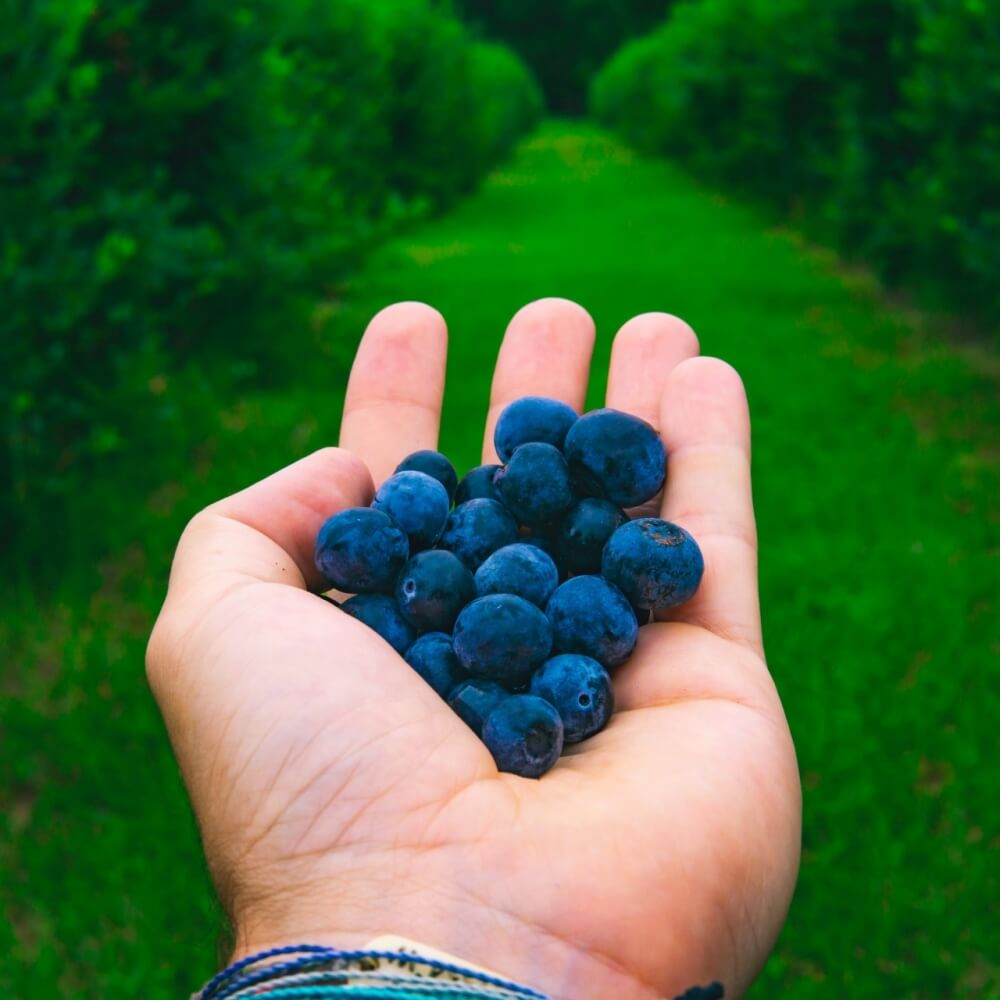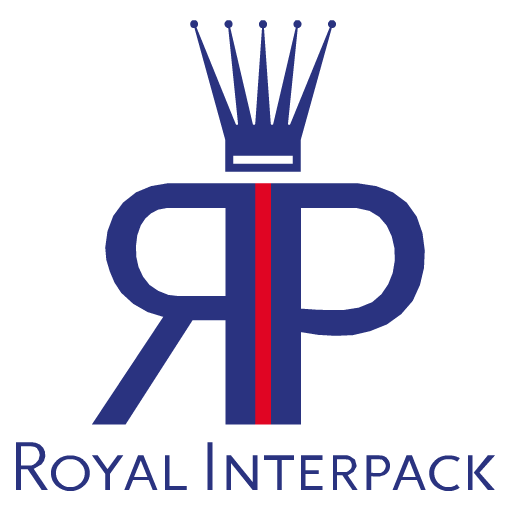FEMSA Paid 14% More PET Resin

Coca-Cola FEMSA paid 14% more for sugar and PET resin.
In 2021, Coca-Cola FEMSA paid an average of 14% more for its purchases of sugar and PET resin compared to 2020.
The prices of certain raw materials, including those used in the bottling of their products, primarily PET resin, finished plastic bottles, aluminum cans, high fructose corn syrup (HFCS), and certain sweeteners, are paid for or determined with reference to the US dollar, and therefore, local prices in a particular country can increase based on changes in applicable exchange rates.
Furthermore, the most significant packaging raw material costs for Coca-Cola FEMSA arise from the purchase of PET resin, whose price is related to crude oil prices and global PET resin supply.
On average, the price the company paid for PET resin in US dollars during 2021 increased by 13.9% over 2020 across all its territories.
Moreover, due to currency volatility, the average price of PET resin in local currency was higher in all its territories.
In 2021, Coca-Cola FEMSA purchased certain raw materials in advance, negotiated and secured prices in advance, and conducted certain derivative transactions that helped the company capture opportunities with respect to raw material costs and currency exchange rates.
Coca-Cola FEMSA
Under its agreements with The Coca-Cola Company, the company can use raw or refined sugar, artificial sweeteners, and HFCS in its products.
Sugar prices in all countries where the company operates, except Brazil, are subject to local regulations and other market entry barriers that often result in the company paying above-market international prices for sugar.
In recent years, international sugar prices have experienced significant volatility. In all territories of Coca-Cola FEMSA, its average sugar price in US dollars, taking into account its financial hedging activities, increased by approximately 13.8% in 2021 compared to 2020.
Historically, The Coca-Cola Company has increased prices for concentrates of Coca-Cola brand beverages in some of the countries where it operates.
For example, The Coca-Cola Company began gradually increasing concentrate prices for certain Coca-Cola brand beverages in Mexico from 2017 through 2019, followed by further increases in 2020 and 2021.


